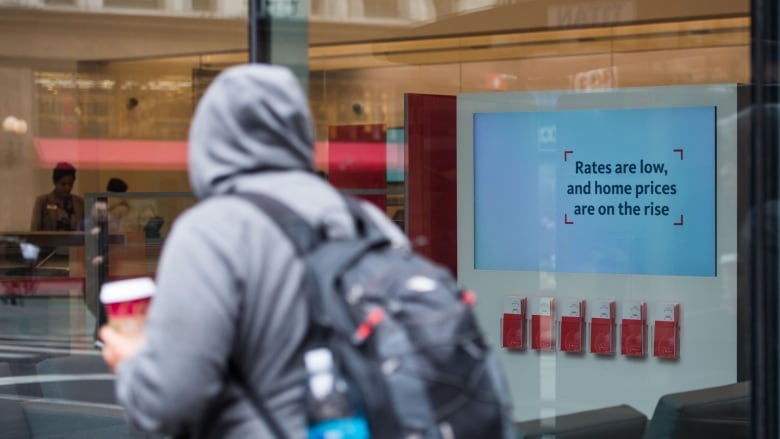CMHC tightens mortgage insurance rules starting July 1
Higher credit scores, lower debt ratios and no borrowed down payments for insured mortgage

The government-backed Canada Mortgage and Housing Corp said on Thursday it would tighten rules for offering mortgage insurance from July 1, after forecasting declines of between 9 and 18 per cent in home prices over the next 12 months.
The move would make it harder for riskier borrowers, who offer downpayments of less than 20 per cent to access CMHC’s default mortgage insurance.
CMHC is establishing a minimum credit score of 680 instead of the current 600, the group said in an emailed statement.
It will also limit total gross debt servicing ratios to its standard requirement of 35 per cent of annual income, compared with a threshold as high as 39 per cent currently, and total debt servicing to 42 per cent versus as much as 44 per cent now.
The measures will help curtail “excessive demand and unsustainable house price growth,” CMHC CEO Evan Siddall said in the statement.
He said COVID-19 has exposed longstanding financial-market vulnerabilities, and “we must act now to protect the economic futures of Canadians.”
James Laird, Co-founder of Ratehub.ca and president of mortgage brokerage CanWise, said the change to the debt service ratio will have the biggest impact of the three changes.
That’s because under the current gross debt service ratio cap of 39 per cent, a family with an annual income of $100,000 and a 10 per cent down payment would have qualified to buy a home valued at up to $524,980, Laird calculates. Under the new rules, that same family can only get approved to buy a home worth $462,860 — a reduction of 12 per cent.
Laird said the most impactful development was the CMHC’s decision to leave minimum down payment sizes where they are. “The biggest news coming out of the announcement from the CMHC is that they did not increase the minimum down payment from 5 percent to 10 per cent,” he said.
Such a move would have required any buyers to have far more saved up before being approved to buy, which would make the pool of potential buyers much shallower.
1 in 3 mortgages in Canada
Some 35 per cent of Canadian banks’ mortgages are insured, their financial statements show. CMHC is the top mortgage insurer, while Genworth MI Canada and other private companies also provide similar products.
Despite evaporating activity in the housing market due to the COVID-19 pandemic, prices have continued to rise as listings have fallen off alongside demand.
Home prices across the country rose 1.3 per cent in April from March, and data from Toronto and Vancouver real estate boards showed increases of 3 per cent and 2.9 per cent in May, respectively, from a year earlier.
The CMHC has taken a more bearish view of the housing market than others. Last week, some of Canada’s biggest banks forecast maximum price declines of about 7 per cent.
Siddall last week responded to critics of its more dire outlook, saying on Twitter they were “whistling past the graveyard and offering no analysis.”
With files from CBC News
